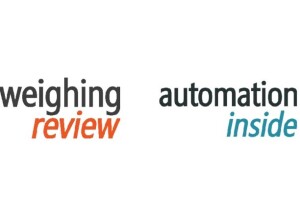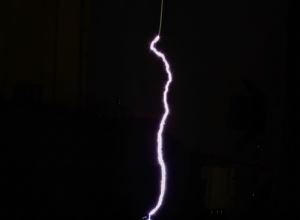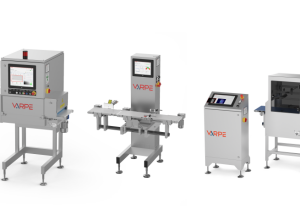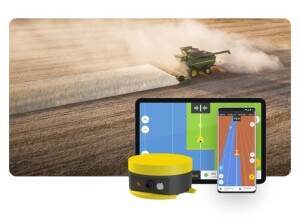Blockchain for Trustworthy Trade-by-Weight Transactions
In global trade, the integrity of weight data determines fairness, pricing, and compliance. Whether in agriculture, logistics, or commodities, every transaction that relies on a scale depends on mutual trust between buyer and seller. Blockchain technology offers a way to make this trust measurable — by ensuring that every weighing record is secure, verifiable, and tamper-proof.
Why Blockchain Matters in Trade Weighing
Traditional weighing transactions rely on centralized databases, handwritten certificates, or isolated ERP systems. These systems are vulnerable to human error, data loss, and manipulation. Blockchain provides an immutable digital ledger that records every measurement event chronologically and securely.
- Transparency: Each transaction is visible to authorized parties in real time.
- Integrity: Records cannot be altered without consensus or detection.
- Automation: Smart contracts execute rules automatically (e.g., pricing by weight).
- Traceability: Each weight reading is cryptographically linked to the instrument and time of measurement.
How Blockchain Works in Weighing Systems
In a blockchain-based weighing system, every measurement is recorded as a data block that contains:
- Timestamp and geolocation of the weighing event.
- Device ID or calibration certificate reference (digital certificate).
- Measured weight, unit, and associated transaction details.
- Cryptographic hash linking it to the previous record for chain continuity.
Once added to the chain, this record becomes immutable — ensuring compliance and traceability across borders and stakeholders.
Applications in Trade and Logistics
- Commodity Trading: Verifies accuracy in shipments of metals, grain, or raw materials.
- Freight and Truck Weighing: Validates load data shared between shippers, carriers, and regulators.
- Retail & POS Systems: Enables consumer-level transparency in “pay-by-weight” transactions.
- Waste Management: Certifies measured disposal volumes for regulatory reporting.
Blockchain Integration Architecture
A secure blockchain ecosystem for weighing connects physical devices to digital networks through edge gateways and IoT platforms.
- Load cells → weighing terminal.
- Terminal → edge gateway (data encryption, timestamping).
- Gateway → blockchain node (secure data transmission via TLS or MQTT).
- Blockchain → ERP or trade platform (for smart contract execution).
Smart Contracts in Trade-by-Weight
Smart contracts are programmable agreements stored on the blockchain that execute automatically when predefined conditions are met. In weighing, they can link directly to the measurement outcome:
- Automatic Billing: Payment triggered when certified weight is recorded.
- Dynamic Pricing: Adjusted in real time based on verified mass and quality.
- Quality Control: Rejection conditions for underweight or non-conforming batches.
- Audit and Dispute Resolution: Immutable evidence simplifies legal verification.
Security and Compliance Advantages
- Immutable Data: Prevents post-measurement alterations or fraud.
- Audit Efficiency: Provides verifiable digital trails for regulators and inspectors.
- Legal-for-Trade Alignment: Supports traceability under OIML and NTEP frameworks (traceability chains).
- Cybersecurity Reinforcement: Complements TLS-based communication for end-to-end protection (secure data transmission).
Industry Adoption
Blockchain-based traceability is gaining traction in logistics and commodities. Early adopters are integrating distributed ledgers into supply chain management to verify authenticity, origin, and mass throughout the product journey. Several metrology institutes and technology providers are exploring blockchain as part of digital metrology infrastructure initiatives in Europe and Asia.
Challenges and Considerations
- Data Volume: High-frequency weighing data requires efficient chain pruning or off-chain storage.
- Standardization: Interoperability between weighing devices and blockchain protocols remains under development.
- Regulatory Acceptance: Legal recognition of blockchain records varies by jurisdiction.
- Energy Efficiency: Sustainable blockchain architectures (Proof-of-Stake) are preferred for industrial use.
Future Outlook
In the near future, weighing systems will combine AI diagnostics, digital certificates, and blockchain to create self-verifying trade networks. Buyers, sellers, and regulators will all reference the same immutable ledger — eliminating disputes and accelerating trade settlement. Blockchain will make trust a built-in feature of weighing systems.
Related Articles
- Global Traceability Chains: Ensuring Data Integrity from Sensor to Certificate
- How Digital Certificates Are Modernizing Calibration and Compliance
- Secure Data Transmission in Industrial Weighing Networks: TLS, MQTT, and Beyond
























